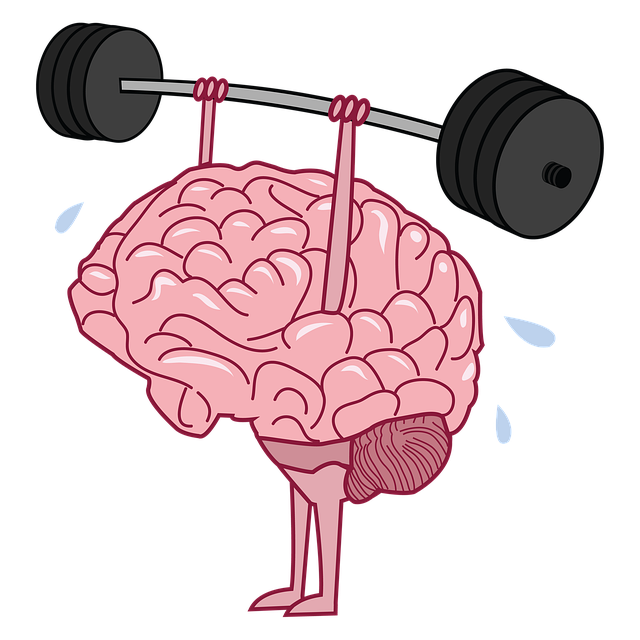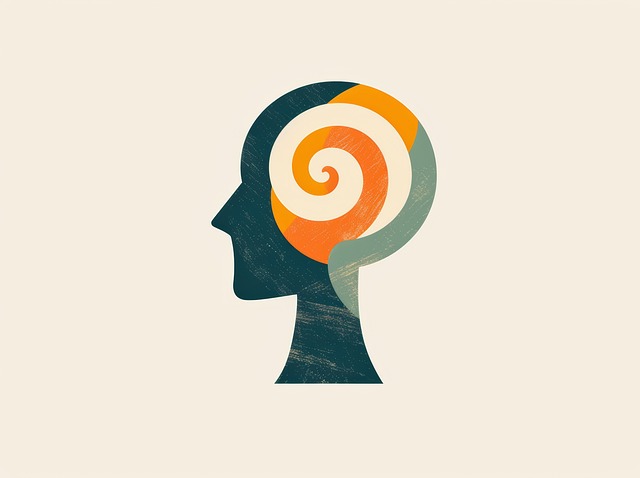Mindfulness meditation is an effective therapy for young children with codependency issues, teaching them to focus on the present moment, regulate emotions, and build self-compassion. By integrating mindfulness into daily routines, both parents and children can enhance mental wellness, improve concentration, and foster healthier relationships. The Mental Wellness Podcast Series offers valuable resources for engaging mindfulness activities, promoting emotional intelligence, and addressing codependency through holistic therapy.
Mindfulness meditation is a powerful tool for fostering emotional well-being, especially in young minds. This practice, often seen as therapy for young children, helps navigate their feelings and thoughts, promoting self-awareness and stress reduction. In this guide, we explore key aspects of mindfulness meditation tailored to children, including strategies for identifying and overcoming codependency issues prevalent in their developing psyche. Learn how to integrate these practices seamlessly into daily routines for a happier, more balanced childhood.
- Understanding Mindfulness Meditation for Children
- Identifying and Overcoming Codependency in Young Minds
- Integrating Mindfulness Practice into Daily Routines
Understanding Mindfulness Meditation for Children

Mindfulness meditation is a powerful tool that can greatly benefit young children, especially those dealing with codependency issues. It involves teaching kids to focus their awareness on the present moment, observing their thoughts and feelings without judgment. This simple yet profound practice has been shown to improve mental wellness in children, helping them develop better emotional regulation skills. By participating in mindfulness exercises, youngsters can learn to calm their minds, enhance their concentration, and build a stronger sense of self-awareness.
For parents and caregivers, incorporating mindfulness into a child’s routine can be an effective therapy for young children with codependency. It encourages them to become more attuned to their own needs and emotions, fostering empathy building strategies over time. Moreover, regular meditation sessions can boost confidence as kids learn to navigate their feelings in a healthy way. The Mental Wellness Podcast Series Production offers valuable resources and guidance on this subject, providing practical tips for introducing mindfulness to children through engaging activities that make it an enjoyable part of their daily lives.
Identifying and Overcoming Codependency in Young Minds

Codependency is a complex issue that can develop in young minds as a result of various factors, including early life experiences and attachment styles formed with caregivers. In today’s fast-paced world, where social media and constant connectivity are prevalent, young individuals may struggle to cultivate healthy boundaries and independence due to an overreliance on external validation. Therapy for young children dealing with codependency often involves a holistic approach, focusing on mental wellness and empathy building strategies.
Mindfulness meditation practices can be particularly effective tools in this process. By encouraging present-moment awareness, mindfulness helps young minds observe their thoughts and emotions without judgment. This practice fosters self-compassion and enables individuals to recognize when they are engaging in codependent behaviors, such as seeking excessive approval or struggling with setting boundaries. Through regular meditation, children can develop a stronger sense of self, enhance their emotional intelligence, and learn adaptive coping mechanisms, all of which contribute to improved mental wellness and better relationships in the long run.
Integrating Mindfulness Practice into Daily Routines

Integrating mindfulness practice into daily routines can be a game-changer for mental wellness and emotional intelligence development, especially for young children and those navigating codependency issues. Mindfulness meditation allows individuals to cultivate present-moment awareness, fostering self-care routine development that enhances overall well-being. By dedicating just a few minutes each day, one can significantly improve their ability to manage stress and emotions effectively.
This simple yet powerful tool encourages individuals to observe their thoughts and feelings without judgment, promoting emotional intelligence by increasing self-awareness. Incorporating mindfulness into daily activities, such as eating or walking, can help establish a consistent practice that supports therapy for young children struggling with codependency. Over time, this routine can lead to better mental health outcomes, enabling individuals to create healthier relationships and improve their overall quality of life.
Mindfulness meditation offers a powerful tool for parents and educators looking to support young minds, especially those grappling with codependency issues. By integrating mindfulness into daily routines, we can foster self-awareness and emotional regulation in children, helping them navigate their emotions effectively and build healthier relationships. As research in child therapy continues to highlight the benefits of mindfulness, these practices stand as a game-changer in promoting mental well-being for our youngest generation.











